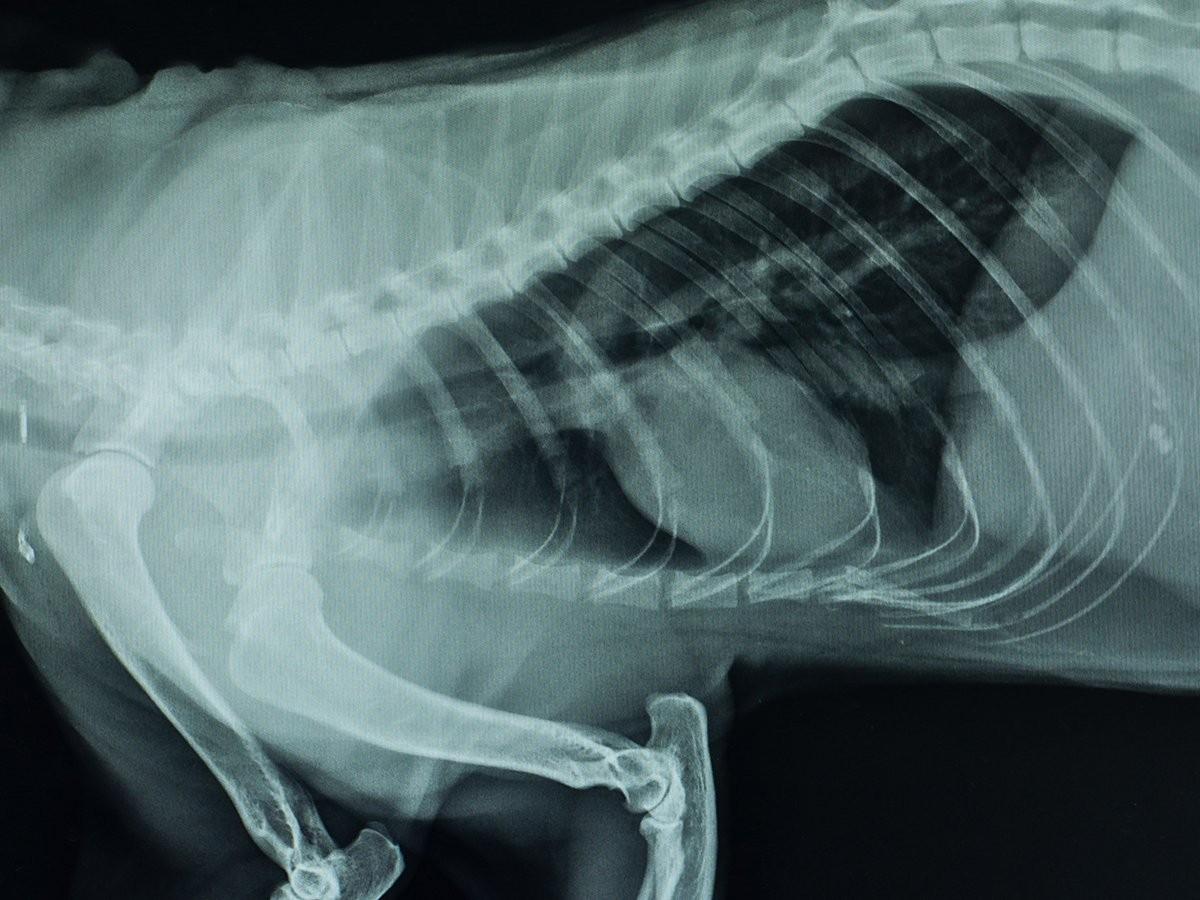Diarrhea is when unformed or loose stools occur in larger amounts and are more often than usual. Diarrhea is not a disease but rather a clinical symptom of many different diseases. Diarrhea associated with minor conditions can often be resolved quickly with simple treatments. Dogs are often found suffering from this condition. The main cause of this is when the body ingests something foreign which is found to be toxic or irritable to the gut. The reason why this article has started with an introduction of diarrhea in dogs is that ‘Hemorrhagic Gastroenteritis’ is a related condition.
What is Hemorrhagic Gastroenteritis?
Commonly known as HGE or AHDS (acute hemorrhagic diarrhea syndrome), Hemorrhagic Gastroenteritis is the occurrence of sudden vomiting and bloody diarrhea. This means that if your pet is having frequent amounts of jelly-like bloody diarrhea, and vomiting, and is weak or lethargic, your pet may be suffering from hemorrhagic gastroenteritis (HGE). HGE is basically a more advanced version of diarrhea which is rapidly dehydrating for pets. Within pets, it is most common in dogs as compared to cats. All dogs, regardless of size, breed, and age, can develop HGE. Even in dogs, small ones are more prone to this condition as compared to larger ones. It can be a very serious condition, which if ignored can be fatal as well.
Common signs of HGE
Some of the common signs and symptoms of HGEs include –
Stomach pain
Tiredness
Dehydration
Fever
Collapse
These symptoms won’t give you much time to react as HGE appears out of nowhere. One day your dog will be perfectly fine, playing and running with you, and the next day down with these symptoms. It usually takes around 12-24 hours for the signs to show after the dietary indiscretion. Initially, your pet is likely to become lethargic, may skip a meal and vomit, and then would develop bright red bloody diarrhea.
Causes of HGE in Dogs
HGE is usually caused by dietary indiscretion or ingestion of a different food or treat. This commonly occurs when your dog end’s up eating human foods that are high in fats or are spiced with seasonings. It can also happen when the consumption of dog treats increases beyond the recommended levels. Dogs with sensitive stomachs and a past history of stomach aches and diseases are more likely to get affected by this disease.
Most of the time, holidays are to be blamed for this. What happens is that our friends and family come over along with Christmas or Hanukkah treats and we as good hosts end up preparing a wholesome meal with all the tastes like sweet, spicy, sour, tangy, etc. possible. In the flow of events, the visitors usually end up feeding the same to the dogs either by mistake or despite knowing the harm, in the vibe of the festival. Apart from this, another reason is dogs that get into the trash can and raid the leftovers without knowing if it is meant for dogs or no.
The exact cause of HGE is unknown but is thought to be caused by the bacteria Clostridium perfringens or its enterotoxins.
How is HGE diagnosed?
Your vet will most probably opt for a blood test called PCV (packed cell volume) or hematocrit. When the PCV shows a rating of greater than 55% with a low to normal protein count is generally considered diagnostic of HGE. Whereas, a normal reading would be around 37-55%.
There are some other medical conditions as well which show similar symptoms, like parvovirus and pancreatitis. To eliminate the risk of the same, the vet might even recommend additional blood tests, X-rays, and fecal testing.
The survival rate of HGE in Dogs
This disease is common among dogs and is also very much detectable and treatable. But this is valid only when timely detection and treatment is done. In most cases, dogs with HGE will need to be hospitalized for at least 24 hours. And unfortunately, data shows that about 10% of the dogs diagnosed with HGE will not be able to make it.
Treatment for HGE in Dogs
HGE can be a very painful condition in dogs causing a lot of discomfort to them. Most of them may have a painful abdomen, decreased appetite, lethargy, or fever. The good thing here is that in most of the mild cases, HGE resolves on its own when the dog is kept on bland food for a couple of days. This is because the body is successful in throwing the foreign irrigatable food particles out of the body without the stress of digesting more heavy foods.
When in a hospital for around a day, the vet will administer large amounts of fluids to your dog through an intravenous catheter. Your canine friend will also be given antibiotics and medications to prevent nausea. The PCV levels will be monitored during fluid therapy as well electrolyte levels and protein levels. With timely and aggressive treatment, your dog should be out of the clinic within a day.
Note: Although HGE is not contagious to humans, it is advised that hands must be washed thoroughly after physical interaction with an affected dog since the cause of the disease is yet not clearly known.
Conclusion
HGE is a common and a sudden condition within pets, especially dogs, which will most of the time heal by themselves within a couple of days but if not then it can go very severe and even fatal. It is best prevented by monitoring your dog’s access to human foods, garbage and new doggie treats. Keep looking for symptoms and contact your vet immediately in case of any visible ones. Also, keep your dog up-to-date on all recommended vaccines and dewormings. A healthy immune system goes a long way. Also read about Autoimmune Thyroiditis in Dogs, Fever in Dogs & Swelling in Dogs.
Happy Mood and Health to your Doggo and lots of Love and Licks to you!

Mostly a tech person, always a pet person. I am dedicated to improving the lives of pets and their humans with technology. Off-duty, I enjoy writing about the misbehaving of computer programs and my two Aussiedoodles, Calvin and Hobbes.












